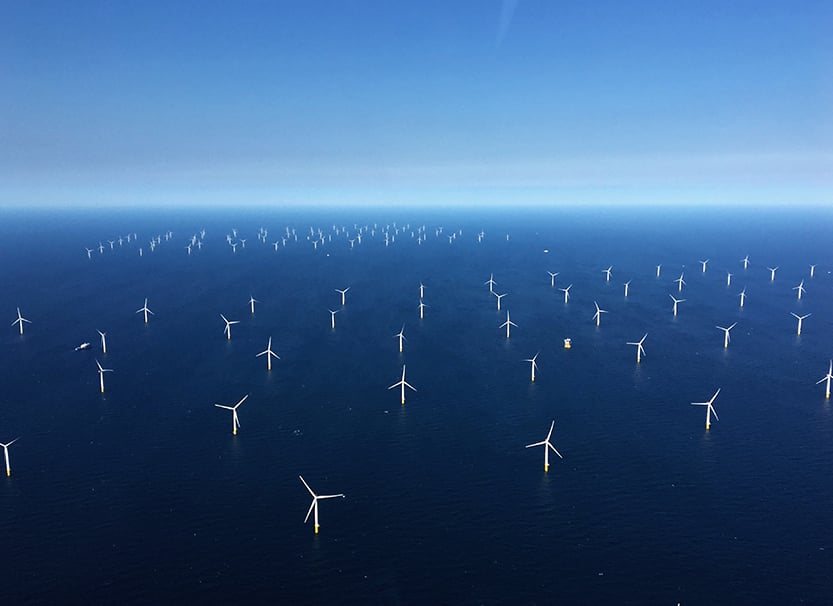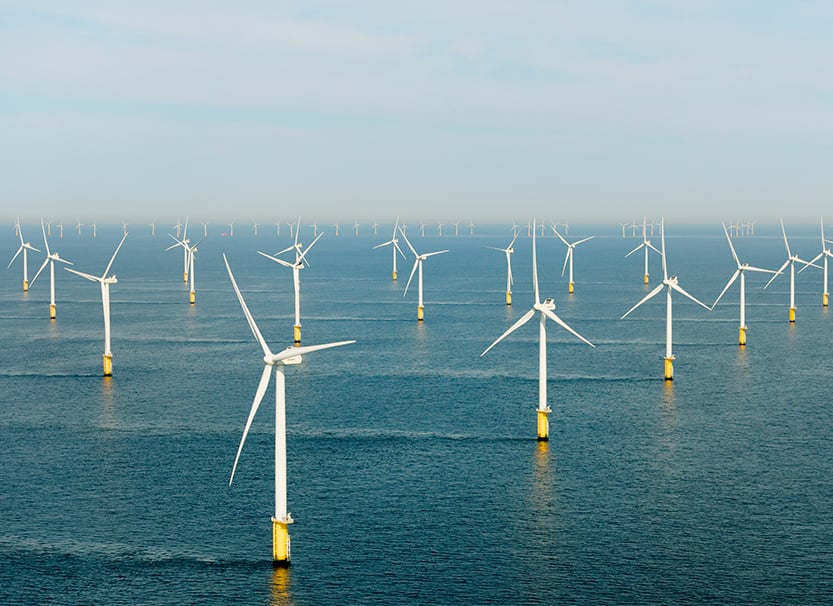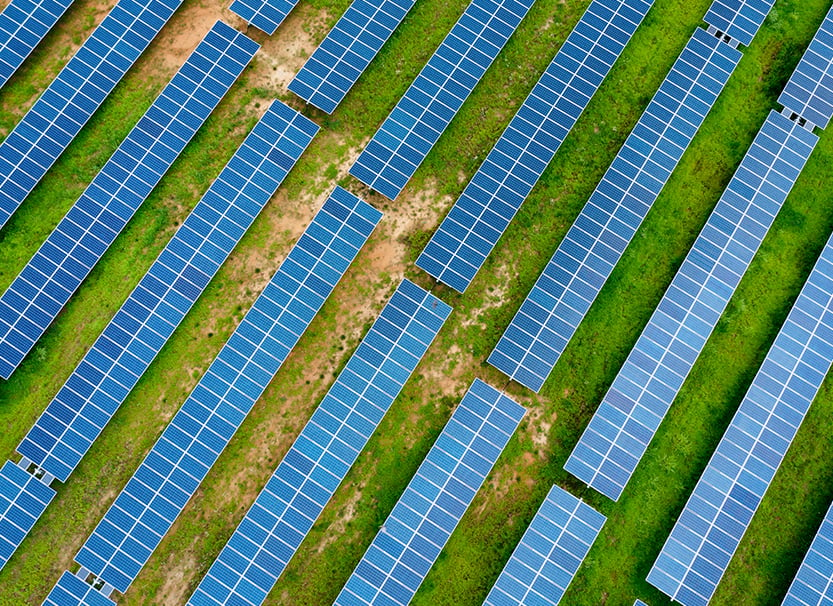U.S. Wildlife Agencies Propose Rules to Reinstate Longstanding Endangered Species Act Regulations
On June 22, the U.S. Fish and Wildlife Service and National Oceanic and Atmospheric Administration published a series of proposed rules pursuant to the Endangered Species Act (the Act), seeking to clarify or reverse implementing regulations issued in 2019 during the Trump administration. The agencies jointly proposed two rules—one revising Section 7 regulations, related to interagency consultations, and a second revising Section 4 regulations, related to listing decisions and critical habitat designations. The Fish and Wildlife Service independently proposed a third rule to reinstate the general application of “blanket rule” options for protecting newly listed threatened species pursuant to Section 4(d) of the Act.

White House Announces New ‘Ocean Justice Strategy’
On June 7, 2023, the White House Council on Environmental Quality (CEQ) published a request for information (RFI) in the Federal Register seeking input on its planned Ocean Justice Strategy (the “Strategy”). The RFI describes the Strategy as an effort to integrate environmental justice principles into ocean-related activities of the federal government. The Strategy could have wide-ranging impacts on the development of ocean energy resources.

PJM Limits Renewable Energy Resource Capacity Values for Allocation of Capacity Interconnection Rights
On April 7, 2023, the U.S. Federal Energy Regulatory Commission (FERC) issued an Order Accepting Tariff Revisions Subject to Condition (183 FERC ¶ 61,009) approving a PJM Interconnection LLC (PJM) proposal to limit the power capacity values of wind, solar, and hybrid resources within PJM’s recently adopted grid reliability framework.

IRS Proposed Rule on Revived Superfund Chemical Taxes
On March 29, 2023, the U.S. Internal Revenue Service (IRS) published a Proposed Rule to amend the Environmental Tax Regulations, 25 C.F.R. part 52, specifically those provisions governing the chemical excise taxes used to fund the Hazardous Substance Response Trust Fund established pursuant to the Comprehensive Environmental Response, Compensation, and Liability Act of 1980 (CERCLA)—known as the Superfund Chemical Tax. Because this is the first time the tax will be applied in over 25 years, its effects may not be well understood by affected industry taxpayers, and the IRS’s Proposed Rule offers critical guidance. Companies engaged in the manufacturing, import, or sale of taxable chemicals should evaluate the Proposed Rule and consider submitting comments by the May 30, 2023, deadline.
U.S. House Passes GOP Energy Bill
On Thursday, March 30, 2023, the U.S. House of Representatives passed HR 1, the Lower Energy Costs Act. The bill — the GOP’s energy policy and permitting bill — passed by a vote of 225 to 204, with four Democrats joining Republicans in voting to pass the bill and one Republican legislator voting against it.
FERC v. Powhatan Energy Fund, LLC Saga Ends With Default Judgment Against Powhatan Energy Fund
On March 22, 2023, the U.S. District Court for the Eastern District of Virginia (Court) granted the Federal Energy Regulatory Commission’s (FERC) Motion for Default Judgment and entered a default judgment against Powhatan Energy Fund, LLC (Powhatan Energy Fund). The Court awarded FERC $3,465,108 in disgorgement and $16,800,000 in civil penalties.

Key Milestones for U.S. Nuclear Projects
This week saw two key milestones for nuclear power, signaling advancement in an industry viewed as critical to securing reliable and carbon-free baseload power for the future. On Monday, March 6, Georgia Power announced that the Vogtle Unit 3 pressurized water reactor achieved initial criticality, meaning nuclear fission was self-sustaining and able to generate the heat necessary to deliver electricity to the grid. The unit is slated to come online in the coming months and is approved to operate under a 40-year Nuclear Regulatory Commission Combined Operating License.
DOE Announces Over $4B in Energy Transition Project Tax Credit and Grant Programs
The U.S. Department of Energy (DOE), alongside the Internal Revenue Service (IRS) and Department of the Treasury, has announced plans to implement programs funded by the Inflation Reduction Act and the Bipartisan Infrastructure Law: the Low-Income Communities Bonus Credit Program (48(e)), the Qualifying Advanced Energy Project Credit (48C)), and the Advanced Energy Manufacturing and Recycling Grant Program. Together, these programs will make available more than $4 billion in federal tax credits and grants for energy transition projects in an effort to “accelerate domestic clean energy manufacturing and ensure traditionally underserved communities benefit from clean energy technologies.”
The Enforcement Angle: The New Mexico Environment Department
Join Sidley for the Environmental Law Institute’s People Places Planet podcast series, “The Enforcement Angle.” Through this series, Sidley partners discuss state and federal enforcement of environmental laws and regulations with senior enforcement officials and thought leaders on environmental enforcement in the United States and globally. The featured guests offer their insights into the challenging environmental issues facing corporations today.

U.S. Senate Committee on Energy and Natural Resources Holds Hearing on Department of Energy IIJA Implementation
On February 2, 2023, the U.S. Senate Committee on Energy and Natural Resources convened a full committee hearing to examine the U.S. Department of Energy (DOE) implementation of the Infrastructure Investment and Jobs Act (IIJA). The sole witness during the hearing was David Turk, DOE Deputy Secretary. During his remarks, Deputy Secretary Turk noted that the IIJA provided more than $62 billion in funding to DOE and requires DOE to develop 60 new programs and expand funding for 12 existing programs. Deputy Secretary Turks stated that as of January 30, 2023, DOE had solicited 50 Requests for Information for public input on IIJA program design, released 38 Funding Opportunity Announcements worth more than $37 billion in initial investments for IIJA programs, conditionally awarded $1.1 billion in zero-emission energy generation credits, and made available $4.25 billion in formula funding for energy efficiency improvements to state and local governments and tribal nations. With respect to electric transmission, the DOE Grid Deployment Office announced its first Request for Proposals regarding the Transmission Facilitation Program, a $2.5 billion revolving fund program that will help develop new large-scale transmission lines and upgrade existing transmission.


